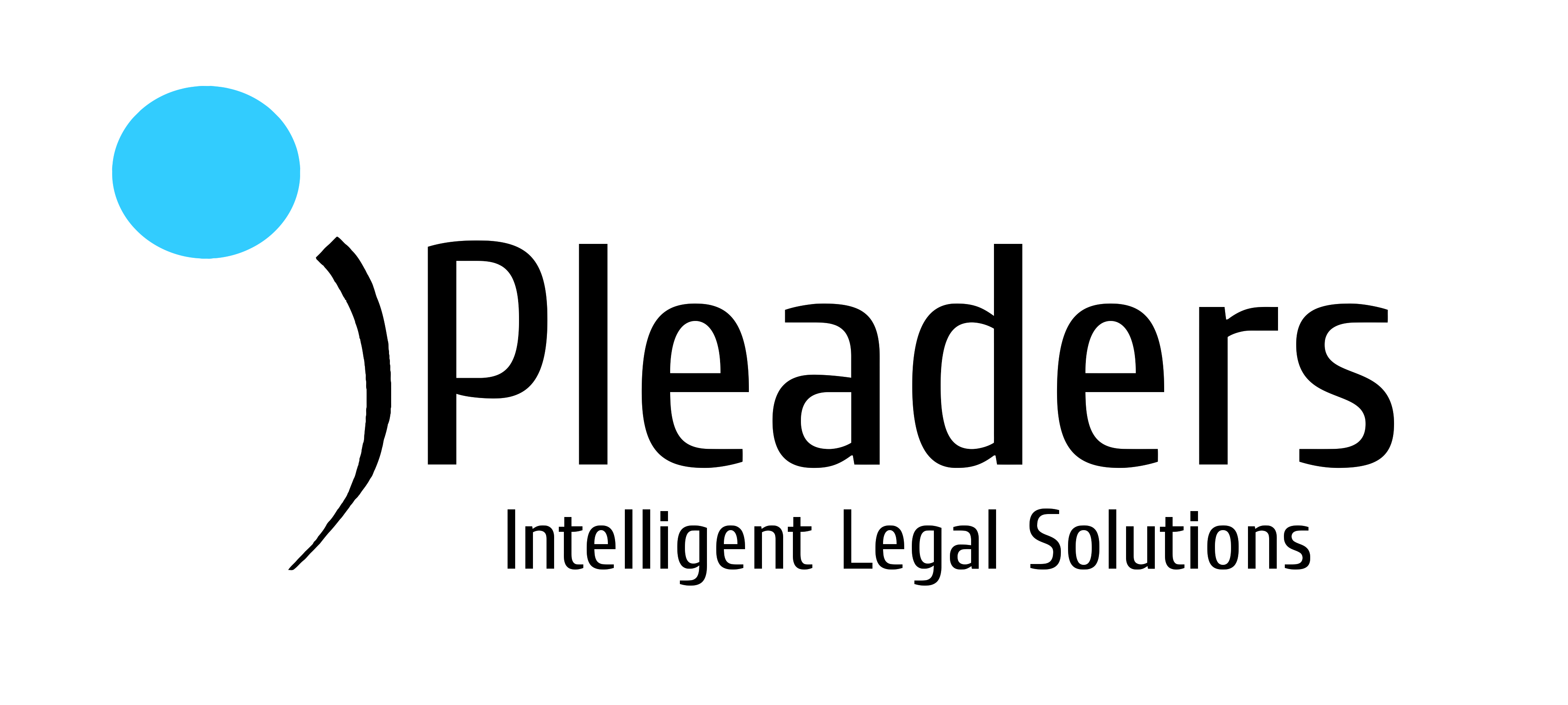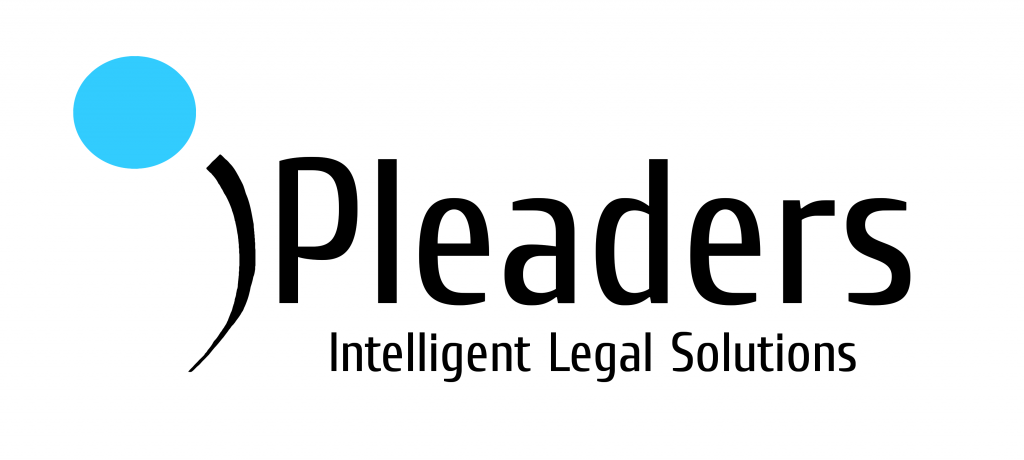Doing business in India is not easy – India ranks 130 in the latest Ease of Doing Business Ranking conducted by World Bank. Nature of the regulatory framework, awareness of the legal system and access to justice system are key factors that pose barriers here. The current situation impacts competitiveness, scale, profitability and the very existence of a business in some cases.
For an overwhelming majority of professionals and lawyers, access to what will make a real difference in their ability to serve clients and be effective is missing. In general, businesses experience the need for lawyers and professionals who can be effective in navigating through this regulatory maze and enable them to fulfill on their commercial intentions.
The scenario is situation driven – in the absence of alternatives, lawyers and business leaders have no choice but to learn by experience or trial and error.
If the situation remains this way, roadblocks to business will continue to present as challenges to the birth and expansion of businesses.
The opportunity
An opportunity exists to create a future of extraordinary accomplishment for professionals and business leaders. In this condition, what is missing is a system of industry-driven and university-certified training and mentorship to enable development of extraordinary professionals and business leaders.
Those who subscribe to such training will create futures and opportunity to develop themselves into extraordinary lawyers and business leaders with remarkable business skills, regulatory wisdom, strategic prowess and profound legal and business knowledge, that enables them to make a lasting difference to the entire country and the world.
They are able to take their effectiveness to a new level, and barriers in the journey to professional success or business leadership can be eliminated. The quality of professional service, speed and effectiveness of doing business are all enhanced dramatically.
In this situation, a Career Visionary is a trained expert and a crucial pillar in the team, who is committed to bringing about the realization of this vision. He or she is committed to reliably creating futures for young professionals, students, working professionals and entrepreneurs that they had never thought possible earlier. He or she also reliably creates dependable pathways (through realizable roadmaps) for realizing this vision, which professionals, businessmen and students can step inside to fulfill on such futures.
Being a Career Visionary is a path for someone who is looking for opportunities to pursue something highly meaningful and satisfying, making a contribution, exploring something new or developing fantastic conversational skills. The people whose lives he or she touches will remember the contribution made to them forever.
Are you interested in being someone who can make this happen? I want to share something from Ray Lewis, which I think can be very useful when applied to lawyers too:
Don’t walk through life just playing football. Don’t walk through life just being an athlete. Athletics will fade. Character and integrity and really making an impact on someone’s life, that’s the ultimate vision, that’s the ultimate goal – bottom line.
Criteria for application
Minimum work experience of 1 year at a corporate law firm (preferably a reputed corporate law firm
Time commitments
4 hours per day (you will need to come to our office)
In addition, there may be more hours for training in the first 2 weeks.
After that, training time will be approximately two hours per week.
There will be a basic salary with incentive. You can download other agreement terms.
If you are interested in applying you may send your CV to Amartya Bag at [email protected].
Can you do it?
With commitment to the work and adequate training, those who are interested in this will be able to produce extraordinary results in this work. The results may reflect in surprising but pleasant developments in other areas of your life as well.
If you are committed, we are clear that you can do it. Nothing explains it better than the statement below:
Don’t underestimate the power of your vision to change the world. Whether that world is your office, your community, an industry or a global movement, you need to have a core belief that what you contribute can fundamentally change the paradigm or way of thinking about problems.
Experiences of a Career Visionary
Some time earlier, we wrote about the position and work of a Career Visionary in our team. Here are excerpts from the experience of Samir Agrawal, a Delhi University graduate who pursued an LLM from University College, London and worked at Dhall Law Chambers and then J. Sagar Associates’ (JSA’s) competition law practice. He is currently practicing and has also co-founded a startup called ‘Greybatter’. He is committed to creating great business lawyers. Let’s explore what he had to say about it.
Why did you take up the idea of being a Career Visionary? How had you imagined it to be relevant to your career aspirations?
I took up the idea in order to spend some time to disseminate what I have experienced and to explore if that can make a difference in lives of other professionals. iPleaders is a perfect platform for doing that owing to their wide network and reach. There are a great deal of law students/lawyers and entrepreneurs out there, who have ambitions and are willing to put in the hard work. However, they seem to be limited by either the traditional law school syllabus, lack of practical exposure, or the fact that they are, perhaps, first generation lawyers or law professionals. A Career Visionary acts as a mentor/counsellor, and with the relevant experience he or she becomes pivotal for their career growth and almost plays the ‘guardian’ role in shaping their career in the contemporary market. I am glad I am able to contribute in some way.
What was it that you learnt here?
I realized that everybody I counseled has aspirations to become tremendously successful and effective as professionals, which they were themselves unable to articulate. One needs to hear them out and be with them. It is almost like for them, finally they are able to pour their aspirations out to someone who is absolutely related to what they want to do.
Was there something you particularly liked? What was something that made you develop yourself most in?
Interaction with so many enterprising students and professionals keeps one energetic as well. There is no doubt that the experience is quite gratifying.
What kind of difference can be made in a call that lasts only 30 minutes? What do you experience after that?
It is not about the duration or one call. It is about ‘relevance’ of the conversation in their life and career. Once you are able to help them with their aspirations, it is a fabulous thing.
How is it to mentor people senior to you in the profession about how law can enable them to fulfil on their career?
It is not about seniority but what they want to achieve and can that be facilitated by filling certain missing links. For example, there are experienced professionals who want to have their own startups or are already doing that. But they encounter business law questions/hassles day in and day out. If they discover that acquiring certain skills can mitigate that and make their journey easier and faster, it helps them in a big way. There is no doubt that its beyond gratifying.
For those you counsel, what kind of difference is your work making? Can you specifically mention any examples where you made a real difference in a few minutes?
The most recent one concerns an MBA professional, who is currently working in a consulting firm in Bombay. Her work involved a lot of legal documentation, for which she is not trained currently. When she saw potential that not only could she identify high-risk clauses in a contract, but could also learn to draft agreements, she got excited about her career. She also mentioned that this will also enable her to haver her own startup later on.
Another one was where a student in his fourth year B.A. LL.B. was contemplating doing an LL.M. from abroad in order to get placed n a leading Indian law firm. The counselling helped him contrast the academic nature of an LL.M. and the relevance of practical business law skills to his career objective.
How is the overall experience of making a difference, for you? How will the experience you are acquiring be useful to you in future?
It is enriching and as I said gratifying. Being in their world and facilitating their career is a beautiful thing. The experience is certainly helping me in my own work where I regularly interact with new people.
 Serato DJ Crack 2025Serato DJ PRO Crack
Serato DJ Crack 2025Serato DJ PRO Crack











 Allow notifications
Allow notifications



I am appreciating the efforts of iPleaders team. To strengthen the legal profession each and every firm, Corporate and corporate leader, Govt. Departments, Political Parties, NGOs etc. should know how to utilize the skills of an Advocate from the grassroots. Solo Advocates don’t know the training imparted by the Corporates as well as in the Law Firms. Law Firms are situated at mainly in Metros and Cities where sufficient Courts relating to different branches are available but not at Subordinate Court or district level. The loser will be the Solo Advocate practicing at Subordinate Court level. At this level the fee paid by the Clients are very less. Whereas in case of HC and SC Advocates there is no need of Advocate Fee Rules. Of course these rules are outdated.
2. For example who is working as a Legal Adviser to a Bank at Dist. level is not known to anyone. The said banks are also not providing. On the other hand NPAs are rising. The reason is Debt Recovery Tribunals are situated in few cities only. Previous Govts. transferred the cases to DRT from the regular Courts under the guise of pendency. The Chairman of the DRT is naturally from the Bank. Complainant is Bank, Chairman is a Bank Employee, Respondent or Opp. parties will be outsiders. How the justice will prevail? Chairman and Members must be selected from independent Advocates.
3. To reduce the pendency of the Cases .. there must be perfect clarity about the use of Sec. 89 of CPC. There are five methods of resolving the case. 1. Mediation. 2. Conciliation 3. Arbitration 4. Lok Adalat 5. Judicial Settlement. Here the issue is for example in case of Mediation .. how to select a Mediator? where he has to conduct the proceedings? what fee he has to receive? how to obtain Order from the Courts? What is the filing procedure being followed by Advocates of both parties? How to settle the pre-litigation issues? for example if the case is kept pending the Courts, if the parties want to settle the issue Court referred Mediators will be appointed. Whereas in case of Private Mediators how the litigants have to select? there is no clarity. The same truth will be applicable in case of other 4 types of settlement.
4. To make justice accessible to all, Govts. or BCI or State Bar Councils have to take effective steps to provide guaranteed monthly income to all Advocates. Otherwise even after 1000 years the situation will be the same. So concentration must be specially on filing procedures relating to all Acts in existence. While enacting the Law the Govts. have to take steps to provide useful info on how to use the said Act and must clearly mention how to use the said act from original jurisdiction to Supreme Court. This clarity will reduce the pendency of the cases.
5. Public Information Officers must have some basic knowledge of Law relating RTI Act. Otherwise they will simply dispose the application by using the words confidential cannot be given or using the Sec. 8 and 9 of RTI Act. Why the said authorities are unable to understand the rights like “right to work? right to know? right to development? and right to live with human dignity? Central Information Commissioners must focus attention on disposing of the applications in the name of confidentiality. Otherwise the essence of “Right to Know” and transparency will become meaningless. Supression of facts or info will leads to corruption. Then how the corruption will be rooted out? how the people will get certified copies of the info they required?
People of this country must focus attention on the above facts. If the legal profession is so weak, democracy cannot survive. Needy litigants cannot use the services of the Advocates, they cannot present proper evidence before the Courts. What we need today is vibrant legal reforms by taking into consideration of the position of Solo Advocates practicing at Subordinate Court level without any economic, political or corporate support. Legal Profession is not limited to few Corporates or Metros or HC or Supreme Court. The life and future of Trial Court Advocates is more important.